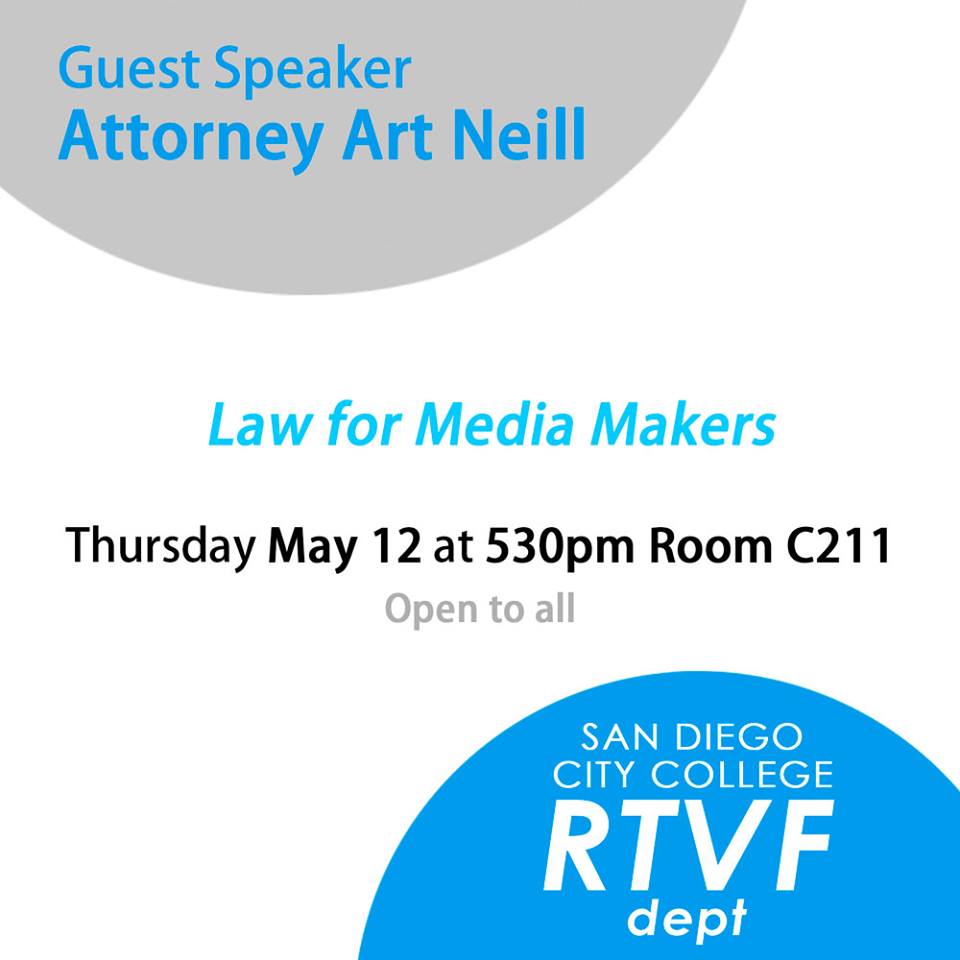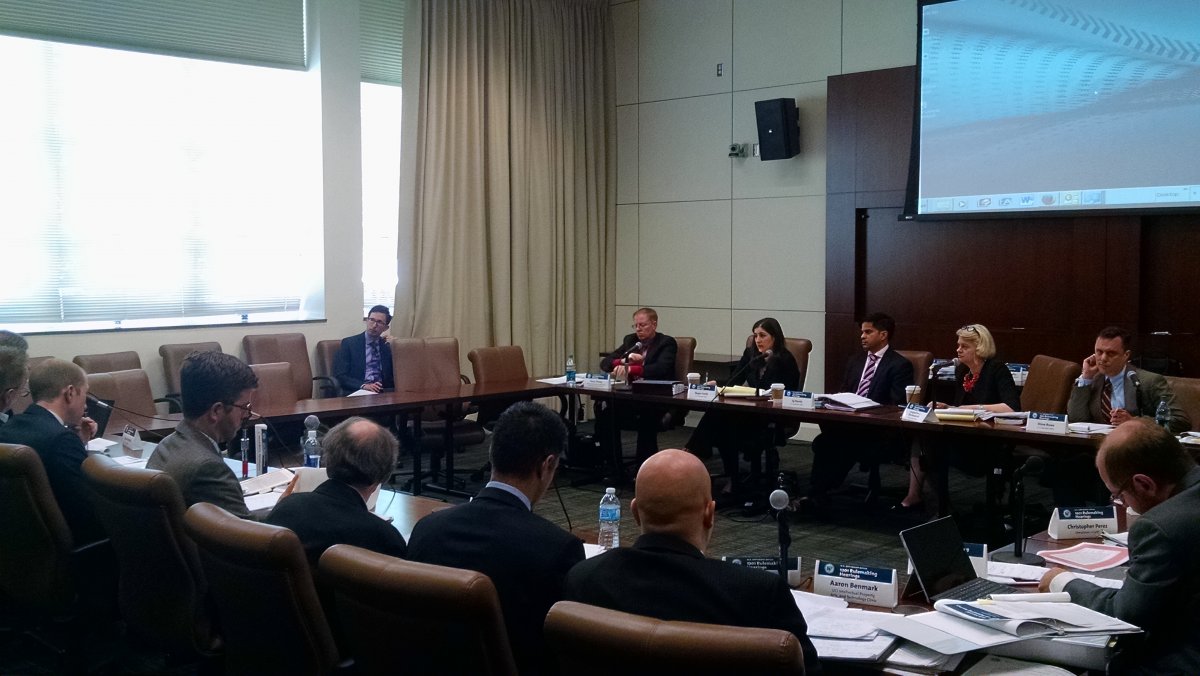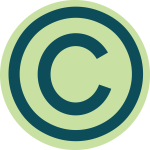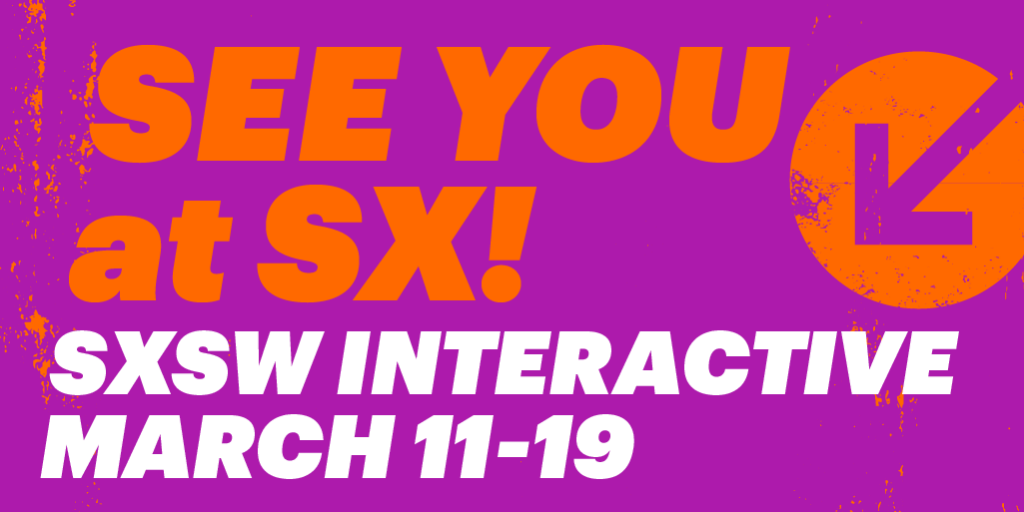Our new book: Don't Panic :) A Legal Guide (in plain english) for Small Businesses and Creative Professionals
Event: Copyright for Media Makers 2016
New Media Rights asks for legislative reform in comments to Copyright Office's DMCA Section 512 study
New Media Rights joins filmmaker groups asking for copyright reform of Section 1201 of the Digital Millenium Copyright Act
USPTO/NTIA offer up practical steps to sow the seeds of copyright reform
YouTube's new Fair Use Protection Program
NMR launches law school IP and entrepreneurship clinics list!
New Media Rights’ final DMCA Anti-circumvention comments encourage the Copyright Office to protect fair use for all filmmakers
Pages
Learn about our legal services for: App Developers, Artists & Graphic Designers, Bloggers & Journalists, Clothing Designers, Entrepreneurs, E-commerce Business People & Startups, Filmmakers & YouTube creators, Public Broadcasting producers,Game Developers, Internet users & Smartphone users, Makers, Musicians, Non-Profits, Photographers, Scholars, Researchers, and Writers and Publishers.










